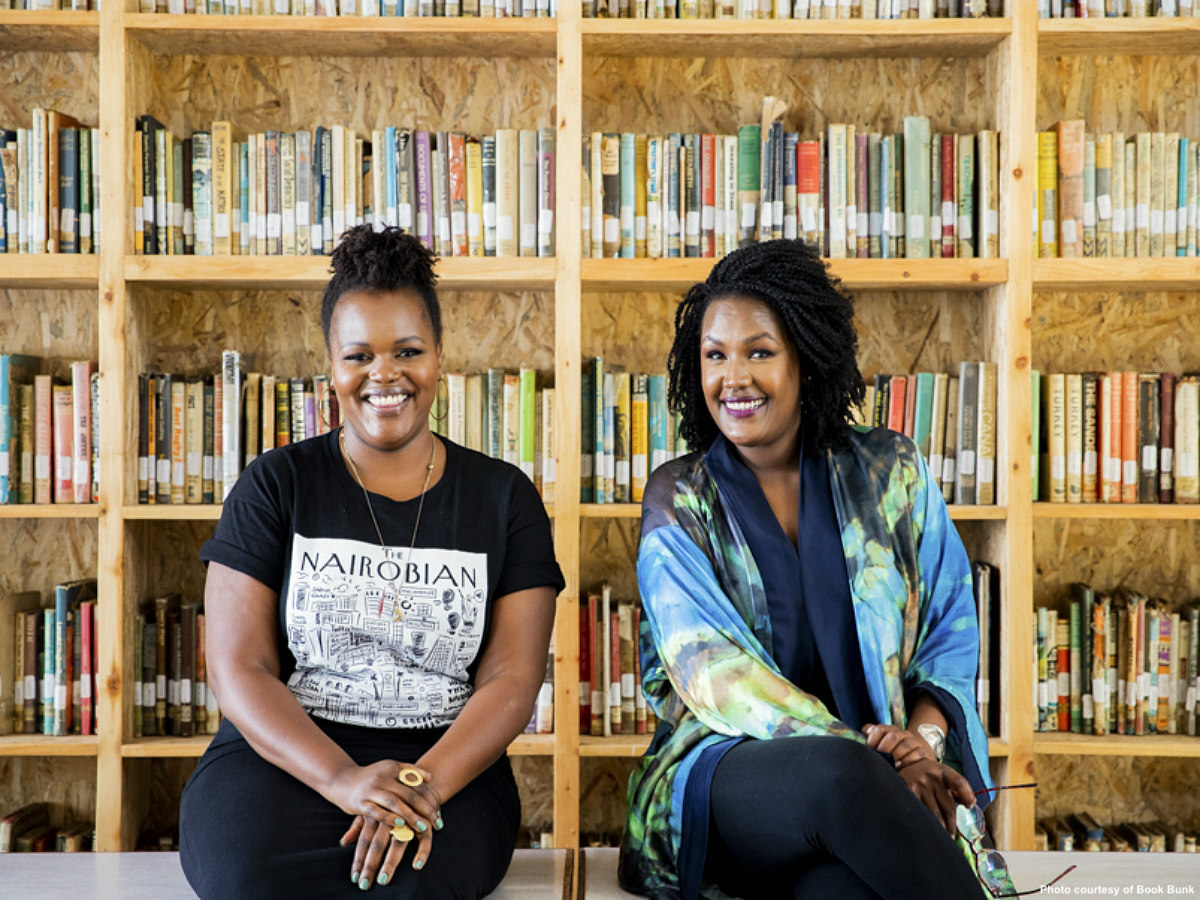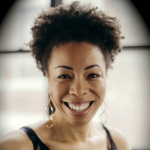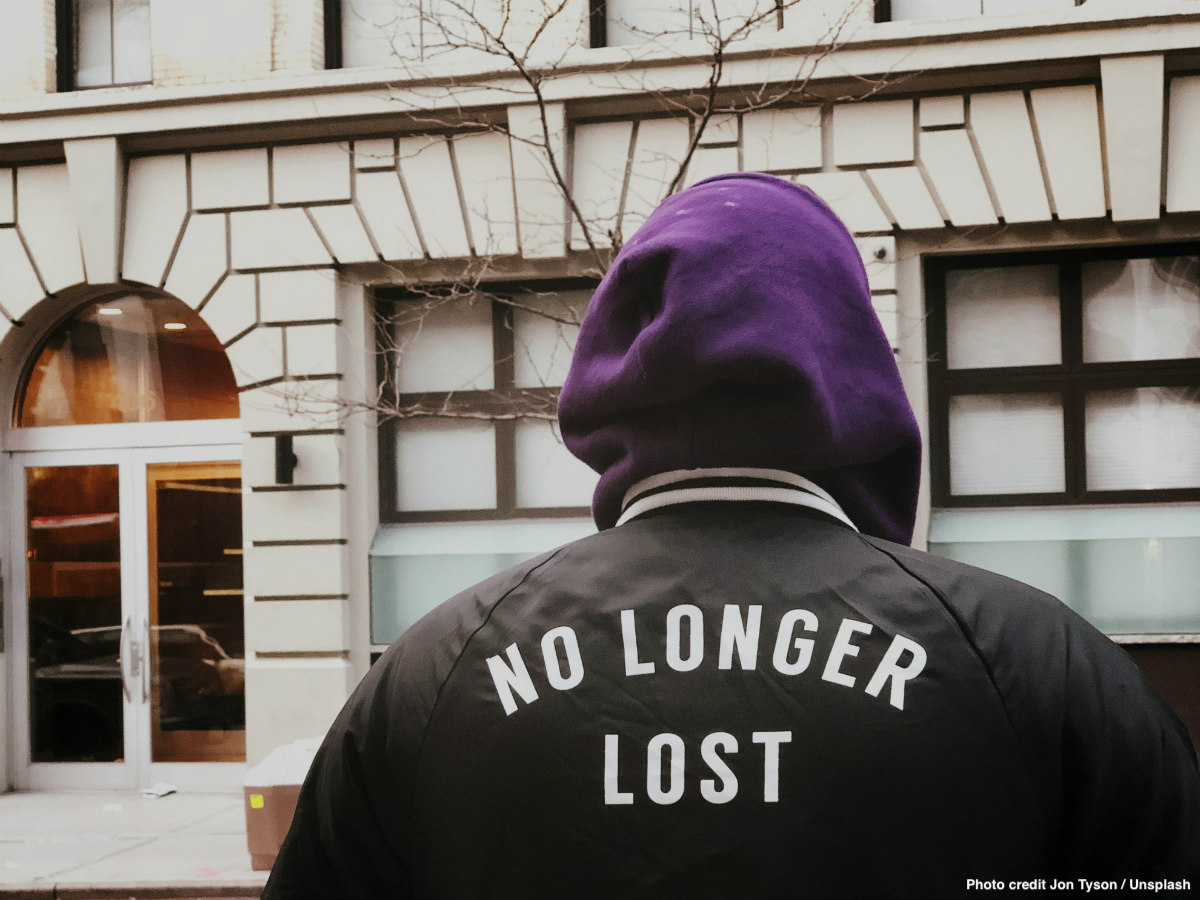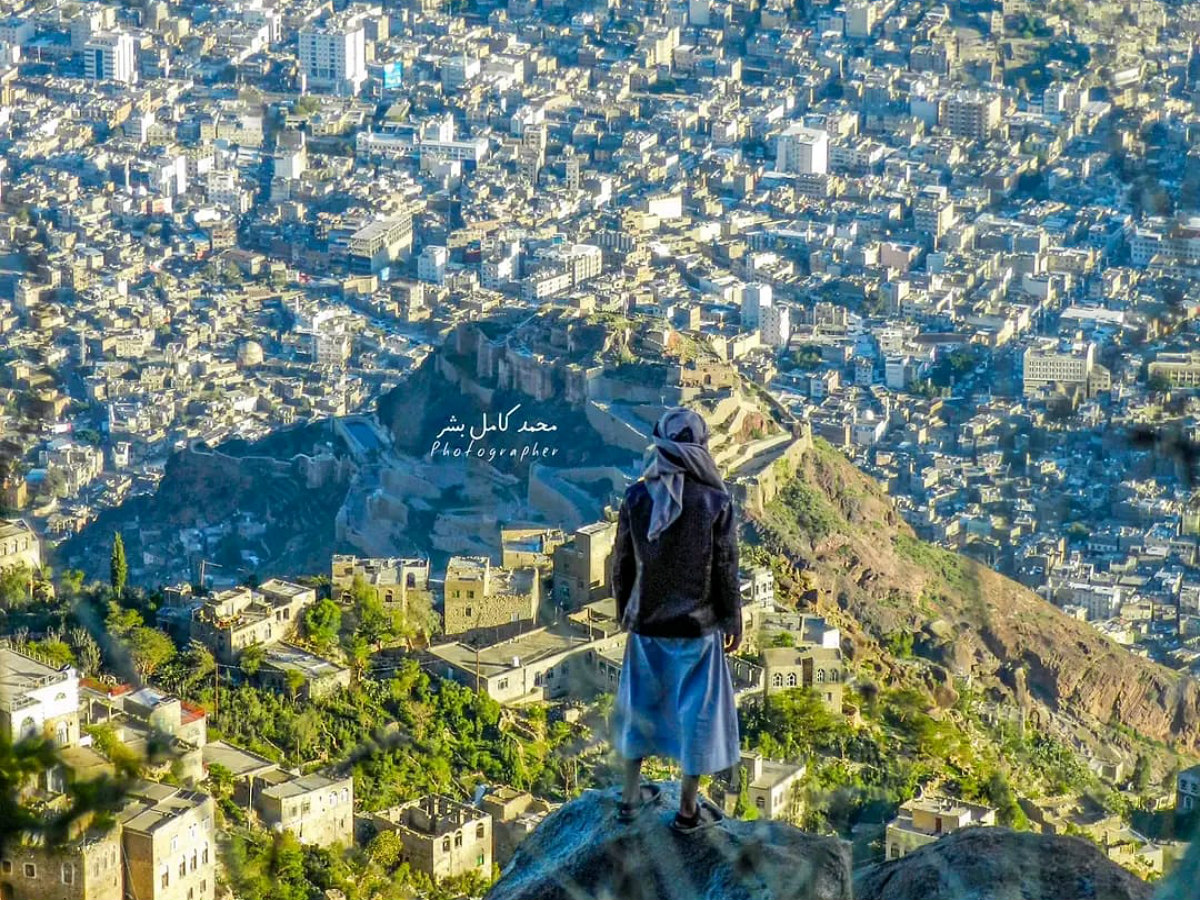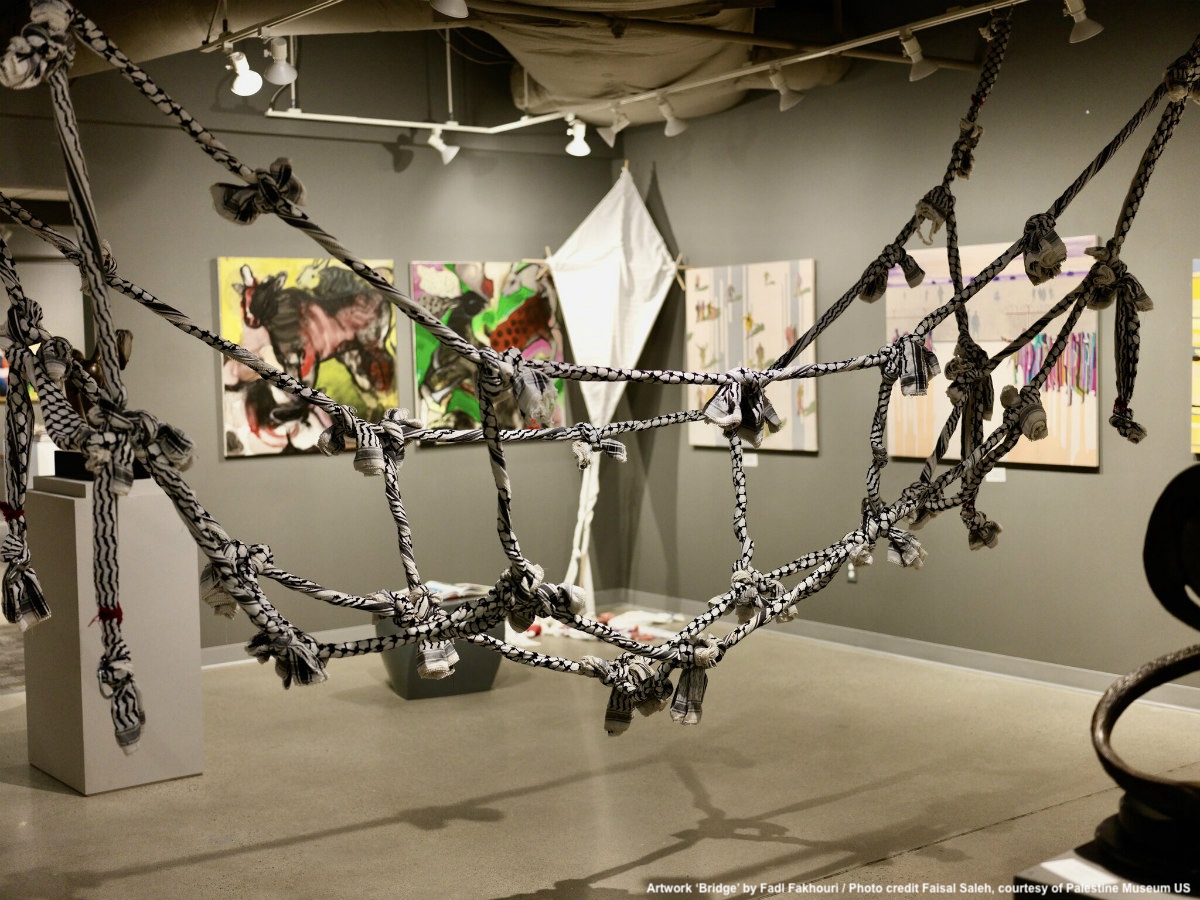After spending over 8,000 hours digitizing more than 137,000 documents, photographs, and other materials in the 90-year-old McMillan Memorial Library’s archives, Angela Wachuka recalled, “We did not see ourselves in the archive.” Remembering the stories her grandmother had shared about her experience in the Mau Mau struggle against the colonizers in Kenya, she continued, “How could it be an archive for me if I don’t see [my grandmother] there?” What Wachuka and her team did not see told more than what they saw. In Nairobi, Kenya, where three libraries sit as relics of a segregationist past, Book Bunk, a literary activist organization founded by Wachuka and Wanjiru Koinange in 2017, is actively reclaiming these places from an oppressive and harmful past and decolonizing the language of their archives.
On a balmy August afternoon, I sat with Wachuka (via Zoom) to discuss Book Bunk’s history and its impact on urbanization, post-colonial literature and narratives of inclusion. As with many highly effective acts of resistance, Book Bunk began as a solution to address a need. In 2017, Wachuka, an accomplished publisher, and her business partner and writer, Koinange, were seeking spaces of gathering to host literary events. “We were used to restaurants and bars, but felt that the scene wasn’t designed for the type of gatherings we envisioned,” she said.
While searching for a new space, they came across the McMillan Memorial Library. “We had walked past it many times but never really noticed it,” she said. Not only had the library fallen into disrepair, but she and many Kenyans, I suspect, understood that the building was not built with their welcome in mind. Still, she and her partner considered how the neglected library that had once served as a venue for Kenya’s European elite could become a space that centers Kenya’s indigenous populations. Despite neither partner ever having had experience restoring a library, they were fueled by their passion to see a more inclusive Nairobi. (They recount the process of rehabilitating the library and reckoning with its colonial origins in their insightful and informative podcast, A Palace For The People.)
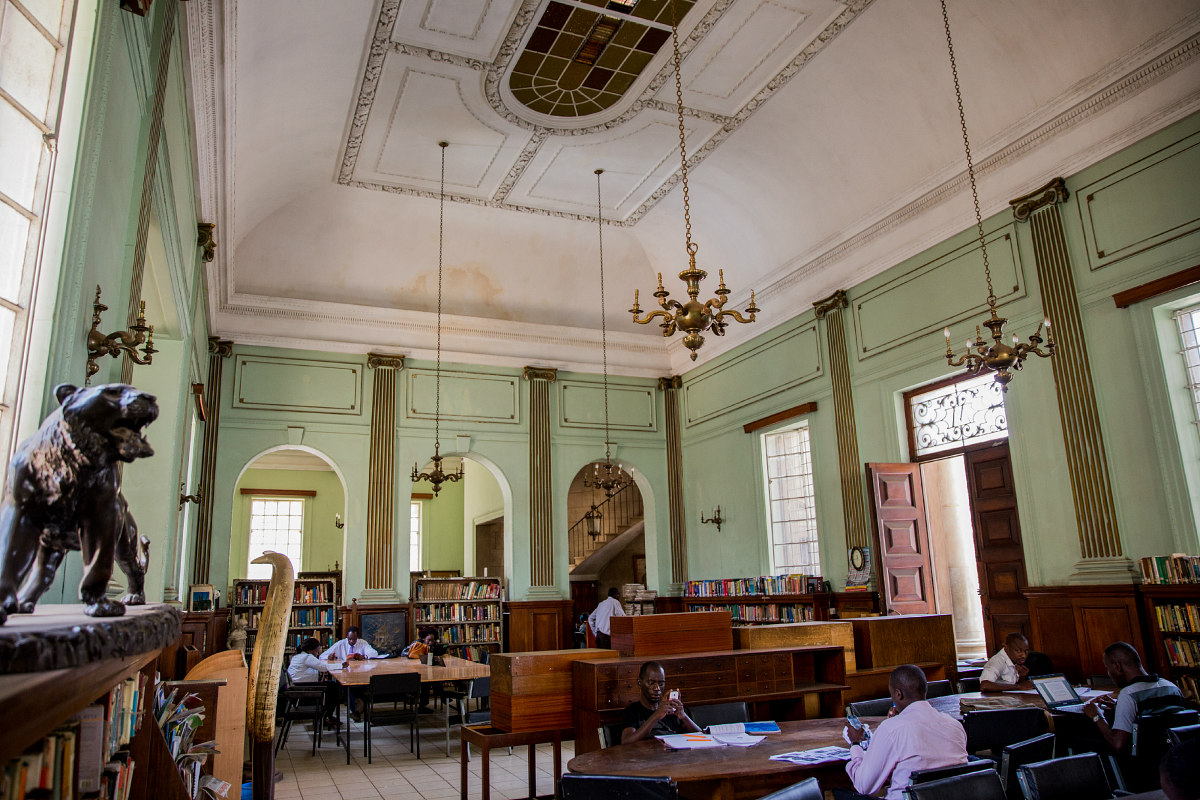
For Book Bunk, this endeavor has never operated from a top-down approach. From its inception, the work has been driven by community participation, engagement, and co-creation. “The first thing we did was distribute surveys asking communities what they envisioned for the library— how it could best serve them.” “In fact,” she continued, “our job was really easy because they told us what they wanted.” Whether it was free meals, arts-based programming, space to play, or tutoring, Book Bunk listened and used these insights as a blueprint for collective action. “It is important to honor the history of the communities,” Wachuka explained. This honoring of communities has not been just about the architecture but also about the literature housed in these reclaimed spaces.
Reclaiming the Archive
As we spoke of our shared colonial histories (both present-day Kenya and Nigeria, where my parents are from, were created and colonized by Britain), our conversation turned to the purpose of libraries. “Libraries are more than repositories,” she said. “They are sites of heritage and action.” But whose heritage, whose action, whose archive? “The [library’s] archive of the Mau Mau struggle is filled with the official government narrative — records, notices, memoranda, photo records of their hunting expeditions. If anything about Kenya’s natives exists, it is anthropological in nature. [The archive] is the settlers’ narrative, not the [indigenous] people’s narrative.”
The lack of narratives drove the Book Bunk team to start an initiative called “Missing Bits” which crowdsources archives from the general public in Kenya. People were invited to record their stories in their language and digitize their records and photos to create a living archive of the people of Nairobi, thereby decolonizing its current status.
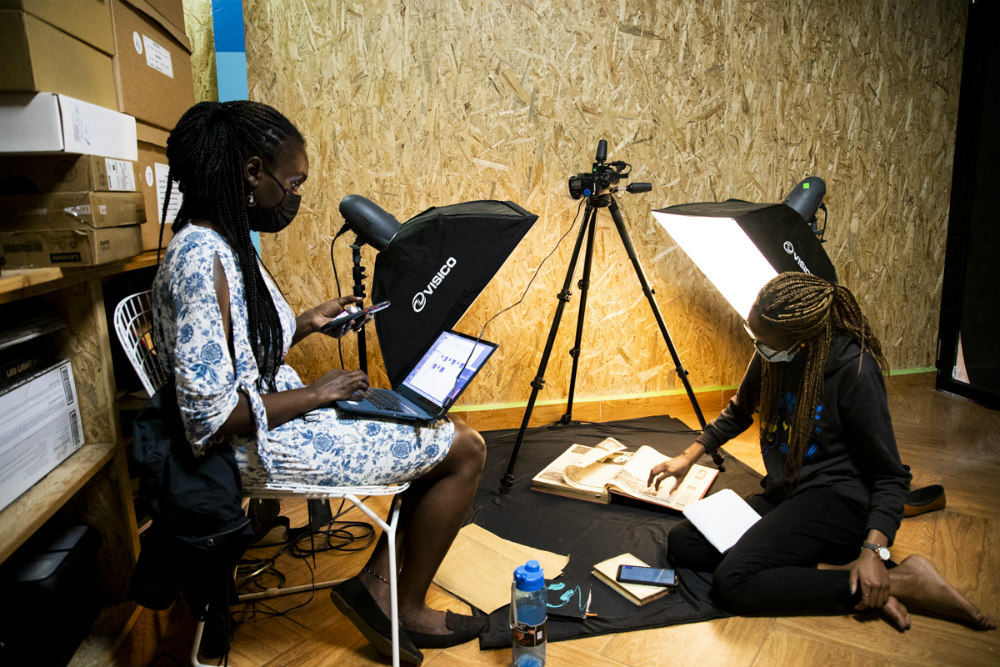
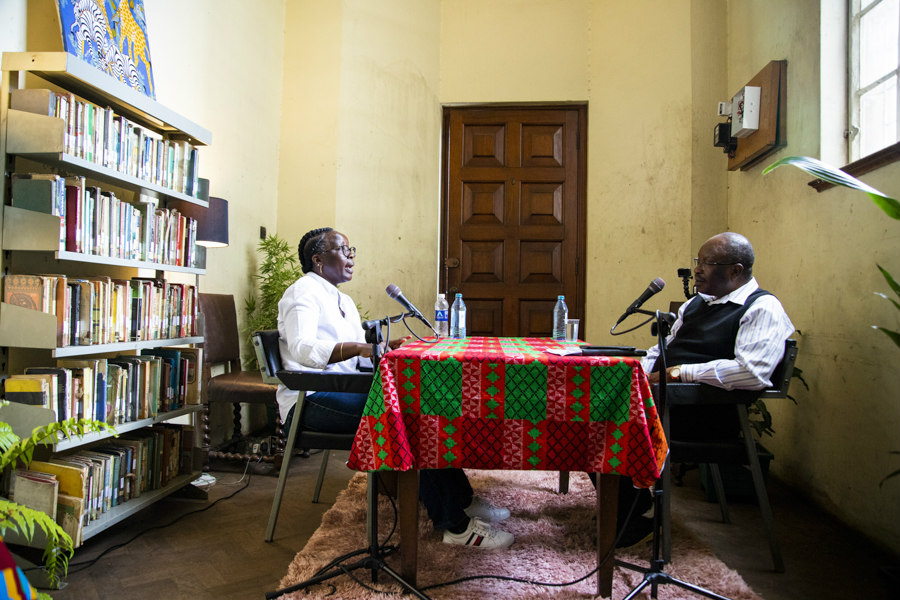
“I see the archive as a record of everyday life,” Wachuka explained. “There were no books that reflected the realities or contemporary interests of the communities,” she stated when recalling the library’s archive. Her statement reminded me of a quote she had mentioned in one of Book Bunk’s podcast episodes, attributed to Dr. Joyce Nyairo, a Kenyan independent researcher and scholar on cultural memory: “One of the most glaring fault lines in the construction of the Kenyan nation is not the absence of memory, but rather the deliberate institutionalization of amnesia.”
Without our stories, how do we begin to remember? With only other people’s stories accessible to us, what do we begin to forget? “Now,” Wachuka said, “the archive is more encompassing, more participatory, more balanced. It is rich with our orature. It does not favor the official narrative lens and does not privilege colonial histories.”
Confronting Colonialism’s Legacy By Decolonizing Language
Delve into the library archives of most major cities in formerly colonized countries and one can find a linguistic limitation as well: a predominance of literature written in the colonial language filled with myopic narratives that reënact colonial supremacy on the page.
This highlights the importance of decolonizing the language. Being forced to learn, speak, and write in a colonial tongue, while simultaneously being punished for speaking one’s native tongue has led to what acclaimed Kenyan writer and scholar Ngugi wa Thiong’o describes as “linguistic prisons,” spaces that limit the self-expression of Africa and Africans. It’s not hard to imagine, then, how a library built to uphold colonialist ideals, and filled with colonialist literature, becomes a space of erasure and forgetting.
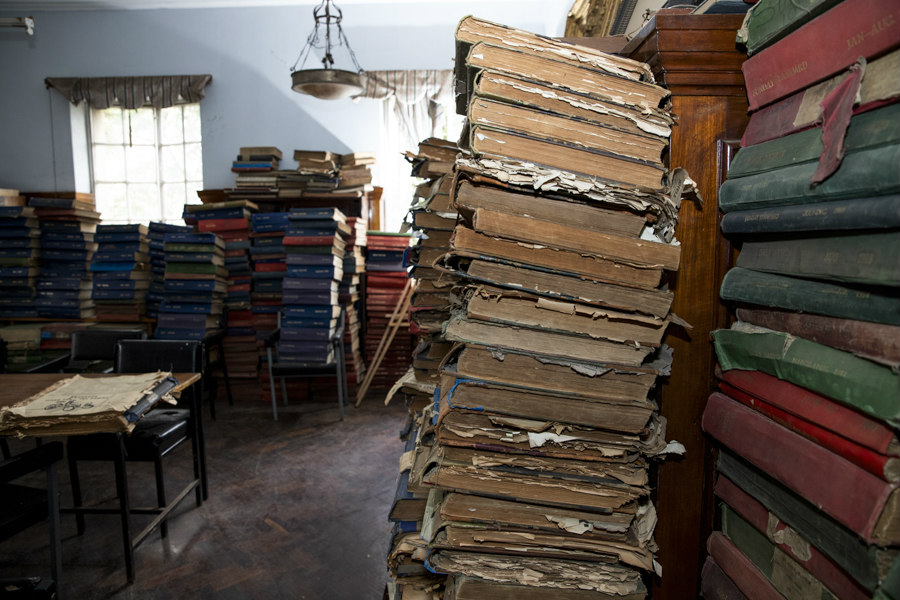
Arguably, the literary industry plays a significant role in sustaining these linguistic prisons. More than 95% of authors published by the five largest publishing houses in the world (and thereby the largest marketers and distributors of literature) are white. Wachuka understands the need for African literature that reflects the languages spoken in Kenya. She has been a publisher of African authors for over a decade. One of Book Bunk’s priorities is to house books not only about Africans (typically written from a Eurocentric point-of-view) but works by Africans, particularly those written by Kenyan authors in Kiswahili or in one of Kenya’s many other languages.
At the time of our conversation, Book Bunk had just received a shipment of 450 books written in Kiswahili. But, Wachuka realizes, this is not enough. “The lack of availability is a reflection of the publishing industry,” Wachuka explains. In response to the paucity of post-colonial literature in Kenyan languages, Book Bunk’s publishing and distribution outfit, “Bunk Books,” translated Academy-Award-Winner Lupita Nyong’o’s New York Times Best-selling book Sulwe into Kiswahili and Luo, Nyong’o’s native tongue. “We want to have all our languages represented; that is the dream.”
The power of language is on my mind when I probe their use of the phrase “palace for people” to describe these reimagined libraries. For Book Bunk, the phrase exemplifies this reclamation of space (and language) in support of people’s autonomy and agency. Still, I wanted to know if a uniquely Kenyan way of describing the library and the work of Book Bunk exists, one that doesn’t rely on linguistic exclusion. Wachuka paused for a long moment before responding. “Ubuntu,” she said thoughtfully.
Ubuntu, the Kiswahili word translated as “humanity,” refers to the concept of a shared, interconnected, collective human experience. “We want libraries to be dignifying spaces. Where humanity is embraced. There is joy when people are serviced and treated the same as everyone else.” Libraries are spaces where ubuntu happens; decolonizing language and decoupling historical (supremacist) precedent from reimagined futures is how it happens.
Impact after Decolonizing the Space and the Language
Book Bunk’s data underscores the narrative symbolized in Ubuntu. In 2022, they acquired more than 9,000 books and held over 80 public events, with over 5,000 people and children attending. More than 41,000 people visited their libraries and nearly 750,000 people interacted with Book Bunk through their digital platform. They digitized hundreds of thousands of pages of literature and photos, making the archive accessible to all communities. They have employed community members, created opportunities for entrepreneurship in the arts and hospitality industries, and, according to Wachuka, parents cite that their children are gaining literary skills and benefitting from the organizations music education program. Palaces for the people, sans the royalism.
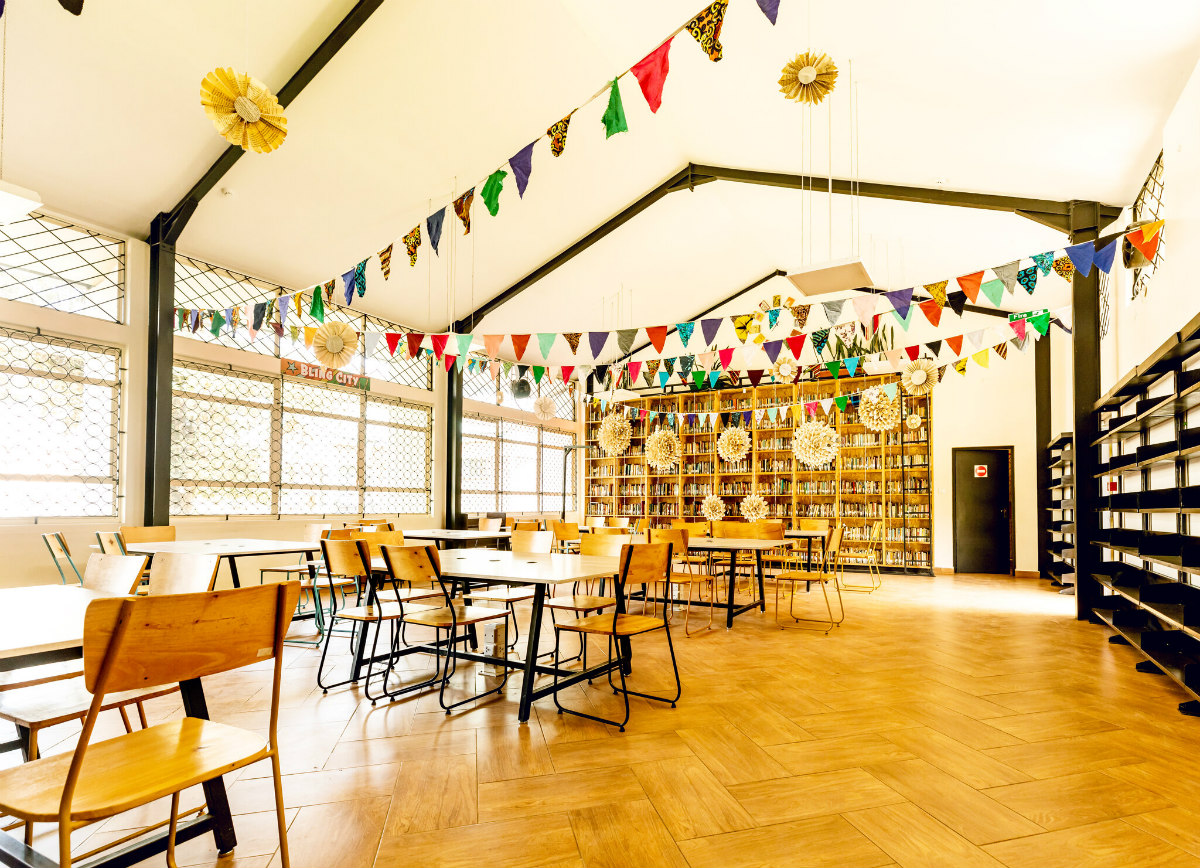
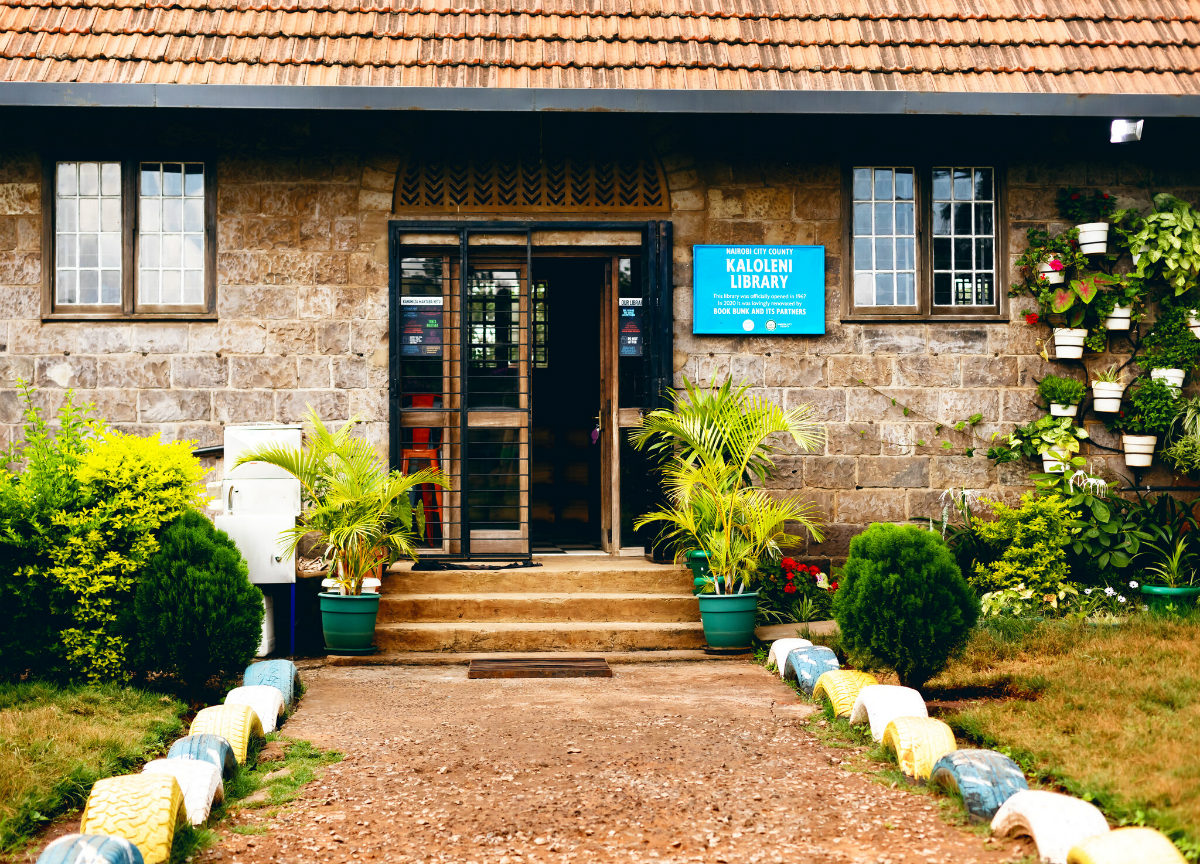
The hurdles and obstacles that activists face when reclaiming spaces entrenched in violent and complicated histories are numerous; but, there are lessons along the journey that can make these efforts efficient and effective. I asked Wachuka what lessons she would share with those who work in the spirit of reclamation, decolonization, and reïmagination for indigenous well-being. “First,” she said, “I’d let them know that we can take back our spaces. Sometimes we think, ‘Oh, that’s a government building so we can’t do that.’ But it’s not true.” “Second, it takes a lot of time to figure out what process will work,” she said.
It is for this reason Book Bunk created “The Blueprint,” a way for activists and organizations to learn from Book Bunk’s journey of reclamation and reïmagination of public spaces. “If we had had something like this, we would’ve shaved two years off of our process.” Her last bit of advice emphasized the importance of a community-first approach to the work. “Community is everything, even if you are a home-grown activist,” she said. “The Eurocentric model of just showing up with a global vision that ignores the people is not sustainable [and] has been harmful.”
We ended our conversation on the subject of rest and joy, essential tools in the activist’s toolbox. She mentioned their annual NBO Litfest which just ended at the time of this writing. It will have been their first in-person gathering since the pandemic and this time it will be in a space reimagined and designed with the specific purpose of joy through storytelling and literature. Through Book Bunk’s radical reimagining of Nairobi’s library infrastructure and, perhaps more importantly, of its linguistic archives decolonizing the language, the McMillan Memorial Library (whose renovation is still ongoing) and two of its branches (Eastlands and Kaloeni Library) have found new purpose in Kenya. What began as a search for space to hold an event has led to social transformational change that can not be contained. As Wachuka said, “Our literature, our narratives, our words, our dreams coming full-circle.”
Cover photo credit Paul Munene
